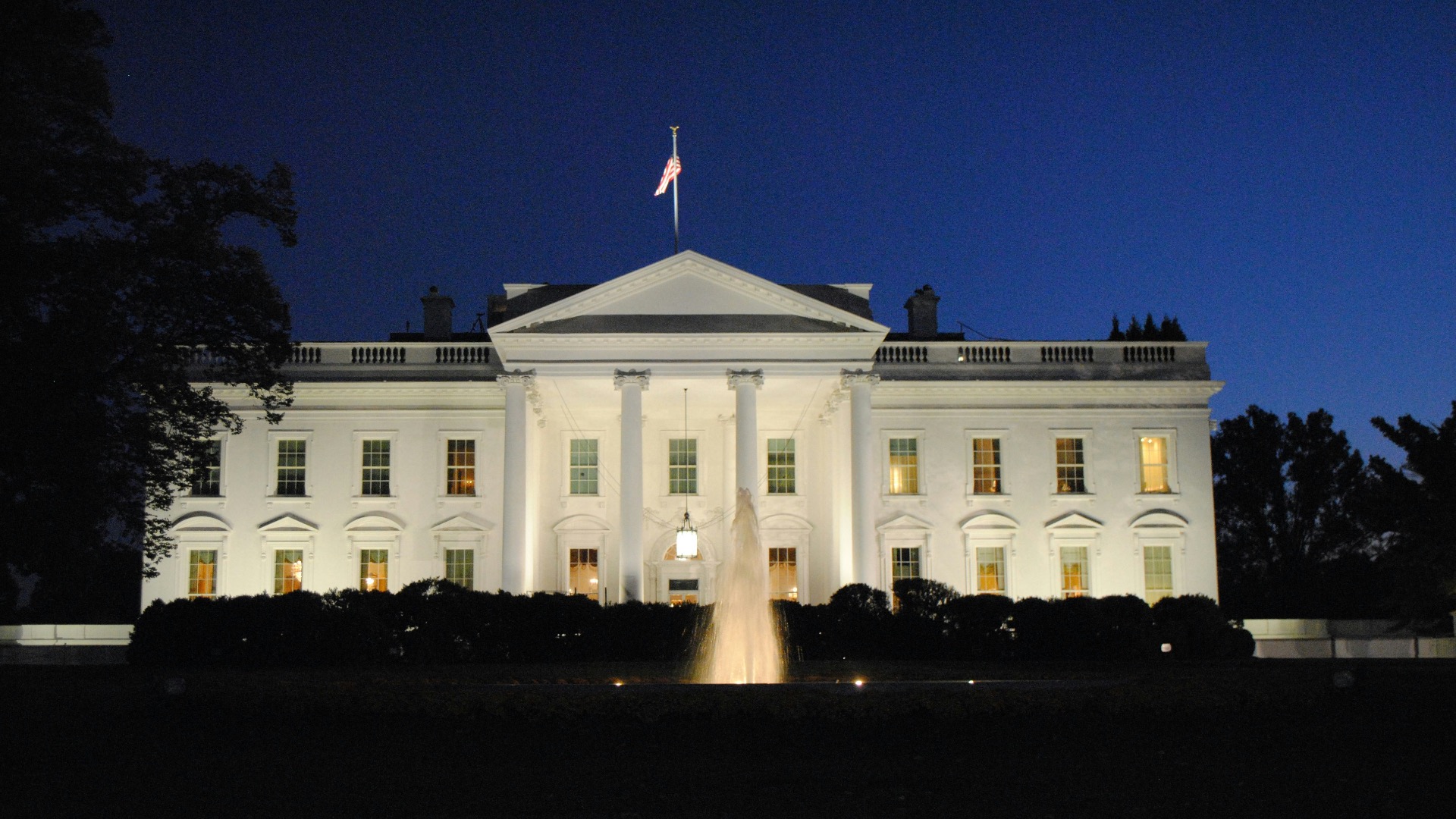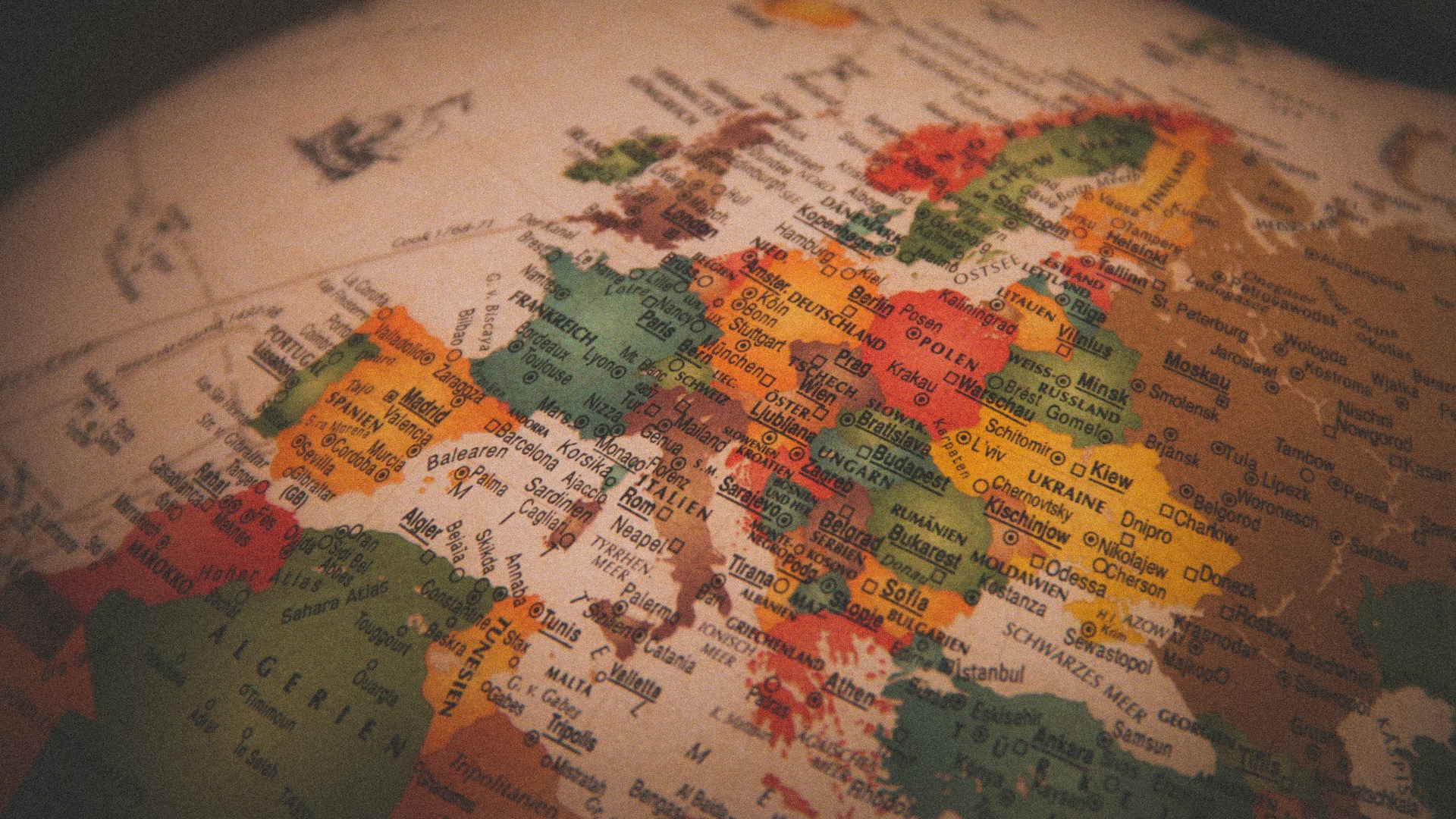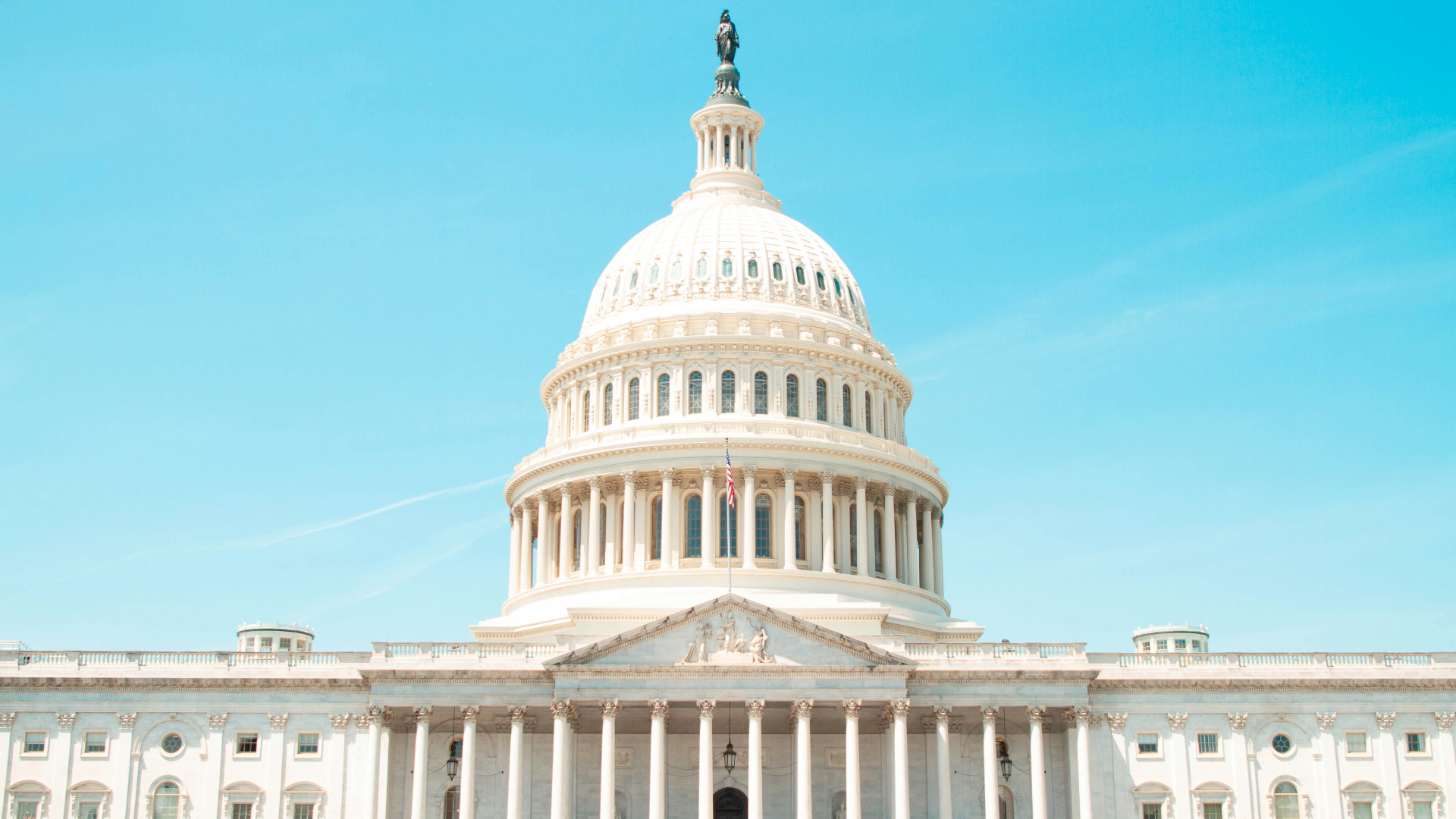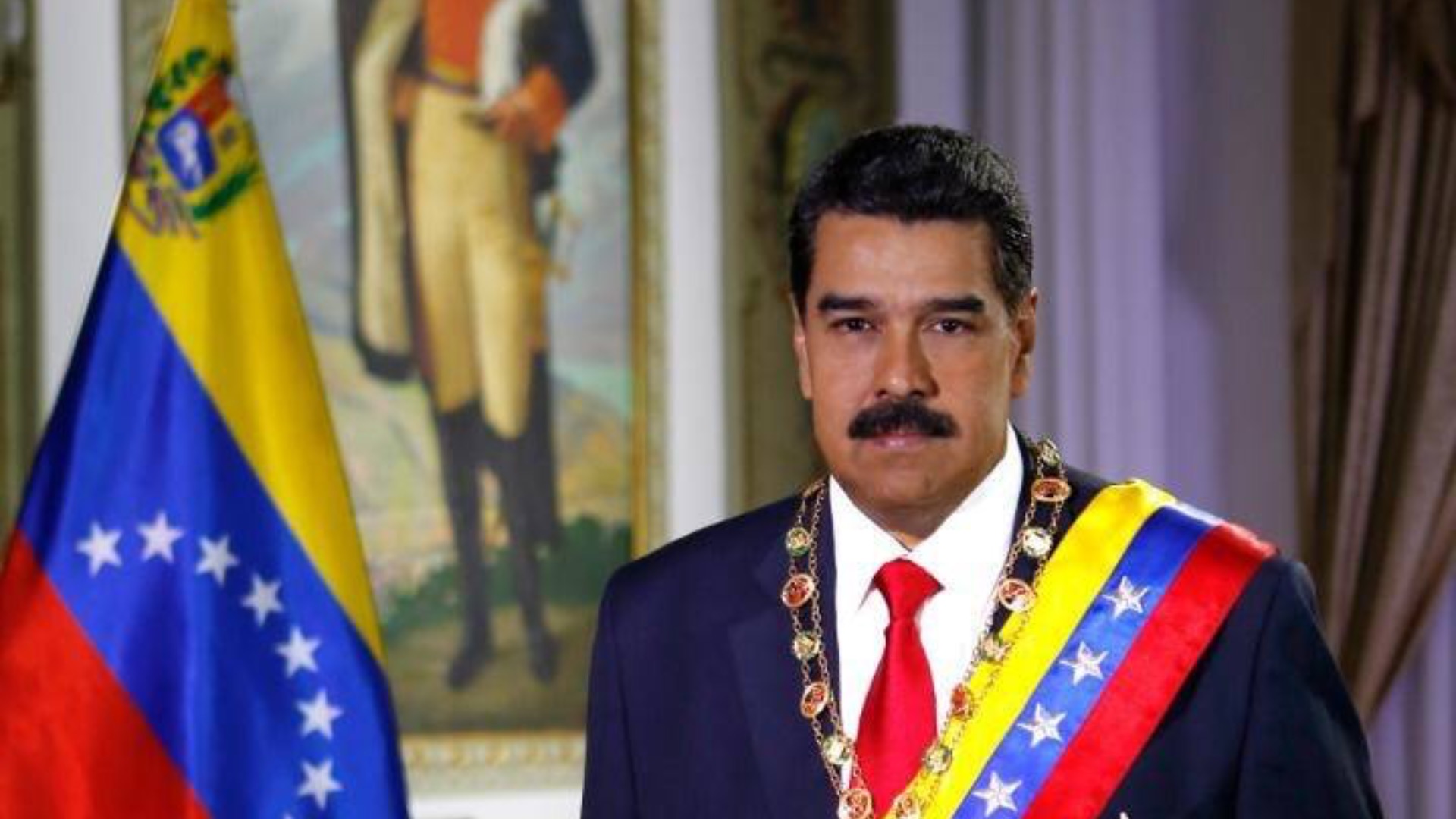
Debate on a European Defence Union
The idea of a European Defence Union is gaining momentum and importance in light of current security challenges. As EU member states prepare for an uncertain transatlantic partnership and ongoing war in Ukraine, calls for greater independence and joint defence are growing louder.
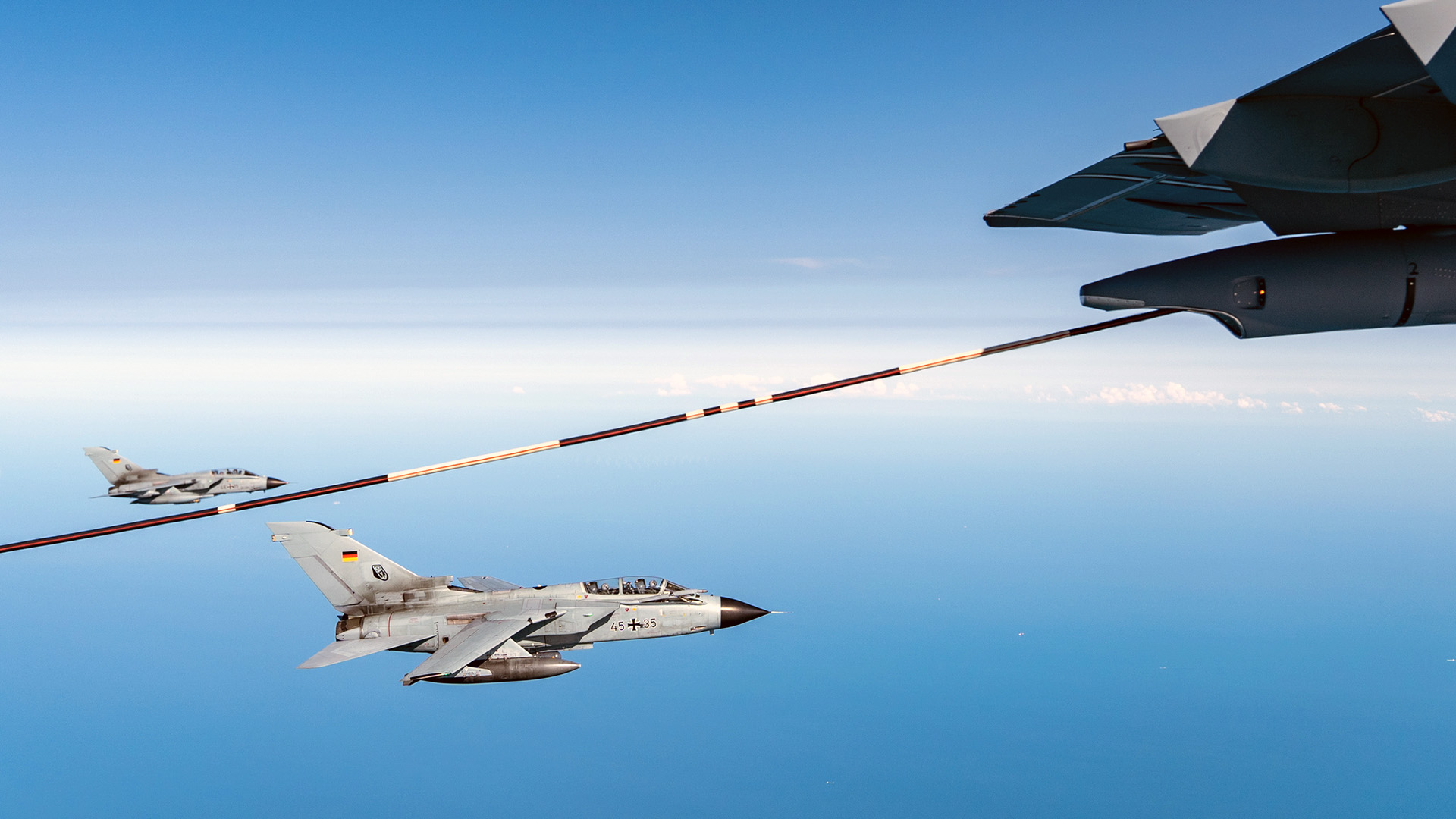
The European Commission has declared defence a political priority for 2025. By creating a dedicated Commissioner for Defence and Space and integrating security and defence policy into its new work programmes, the EU aims to strengthen its ability to act. EU Commission President Ursula von der Leyen sees defence as key to completing the single market. By 2030, four pillars will support the EVU: capacity to act, investment, resilience and partnerships. Member states have significantly increased their defence spending: in 2024, 326 billion euros were made available, an increase of over 100 billion euros since 2021.
A key element is the establishment of a rapid reaction force of 5,000 soldiers. In addition, programmes such as the European Defence Fund (EDF) and the European Defence Industrial Base Competitiveness Initiative (EDIP) are being pushed forward to strengthen research, development and joint procurement.
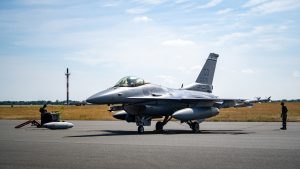
France and Germany: driving forces with different ideas
France and Germany are traditionally regarded as the driving forces behind European defence integration. But there are also differences between them. A €150 billion plan to strengthen the European arms industry has recently been the subject of heated debate: France insists that the funds be used exclusively for products from the EU, while Germany would like to include partner countries such as the United Kingdom, Norway and Switzerland. Under Chancellor Friedrich Merz and Foreign Minister Johann Wadephul, German policy could change.
Friedrich Merz sees strengthening European defence as a key task for the coming years. In view of the uncertainties in the US, he is calling for Europe to become independent of American security guarantees and is proposing talks with France and the UK on extending nuclear protection. Merz supports unrestricted aid for Ukraine and advocates a stronger European defence industry and common procurement rules. Sebastian Käding of the German Armed Forces Association emphasises that soldiers must be equipped and protected as well as possible and that social and labour law issues must not be overlooked.
However, Germany and France have long emphasised the need for stronger European defence. Different political cultures, industrial policy interests and the question of nuclear deterrence are obstacles to rapid agreement. Analysts such as Nicole Koenig and Marie Walter-Franke from the Jacques Delors Institute speak in their policy paper ‘France and Germany: Spearheading a European Security and Defence Union?’ of ‘incremental steps’ and a ‘mixed picture’: there is progress, but also many obstacles.
Former CDU leader and CDU foreign policy expert Armin Laschet is calling for a stronger European role in diplomatic peace efforts in the Ukraine war. In an interview with Phoenix, he argues for supporting Ukraine ‘with the right means’ and stresses that the war cannot be resolved by military means alone. Europe has missed the opportunity to come up with diplomatic solutions and must now act with greater self-confidence, he says. Laschet calls for a European defence union and proposes reviving the Weimar Triangle of Germany, France and Poland to strengthen Europe’s ability to act. ‘We Europeans must be strong ourselves,’ Laschet said.
The SPD shares the fundamental objective, but is traditionally more cautious about arms deliveries and places greater emphasis on integration into multilateral structures such as NATO.
Despite all the initiatives, there are considerable hurdles. The Paris-based Fondation Robert Schuman points to the lack of interoperability between European armies and their heavy dependence on US defence technology: between June 2022 and June 2023, 78 per cent of procurement was carried out outside Europe, 63 per cent of it in the US. The EU remains dependent on NATO for protection, which limits its independence, according to the paper ‘What future for European defence?’ by Iris Herbelot of the University of Paris Nanterre.
Another problem is the fragmentation of the European defence industry and the lack of standardisation. The Commission therefore plans to introduce binding quotas for joint procurement and European production by 2030, but this is meeting with resistance from individual member states.

Opportunities and prospects
Proponents of an EVU see great opportunities: greater independence from the US, more efficient use of resources through joint procurement and research, and a stronger position for Europe in global politics. Current geopolitical developments – in particular the uncertainty surrounding US policy – are increasing the pressure to develop Europe’s own capabilities. At the same time, critics warn against exaggerated expectations, political deadlock and the danger that national interests will continue to prevail. Defence integration remains a work in progress, with a gap between vision and reality.
The debate on a European Defence Union is complex: while many actors recognise the need for stronger European defence, there are significant differences on how to achieve this. The opportunities lie in greater autonomy, efficiency and global influence. The risks include political infighting, conflicts of interest in industrial policy and continued strong dependence on the US. One thing is clear: the discussion is gathering momentum – and Europe is at a crossroads.
Nicole Koenig and Marie Walter-Franke from the Jacques Delors Institute: ‘France and Germany: Spearheading a European Security and Defence Union?’ institutdelors.eu
Iris Herbelot: ‘What future for European defence?’ robert-schuman.eu
Photos: Nato.int


The World in Focus: Highlights from Foreign Affairs’ Best Books of 2025
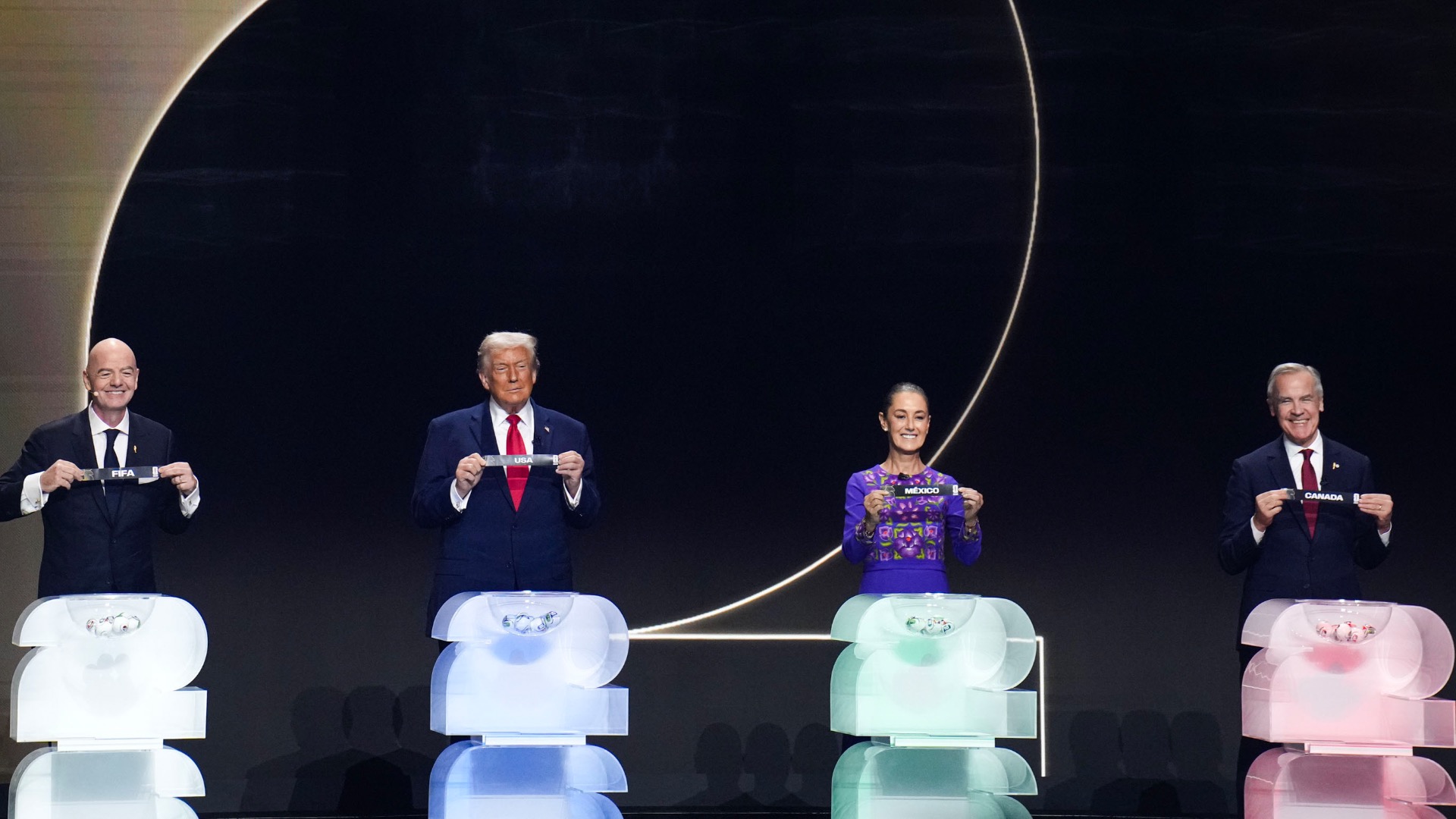

2025: A World Without Resolution
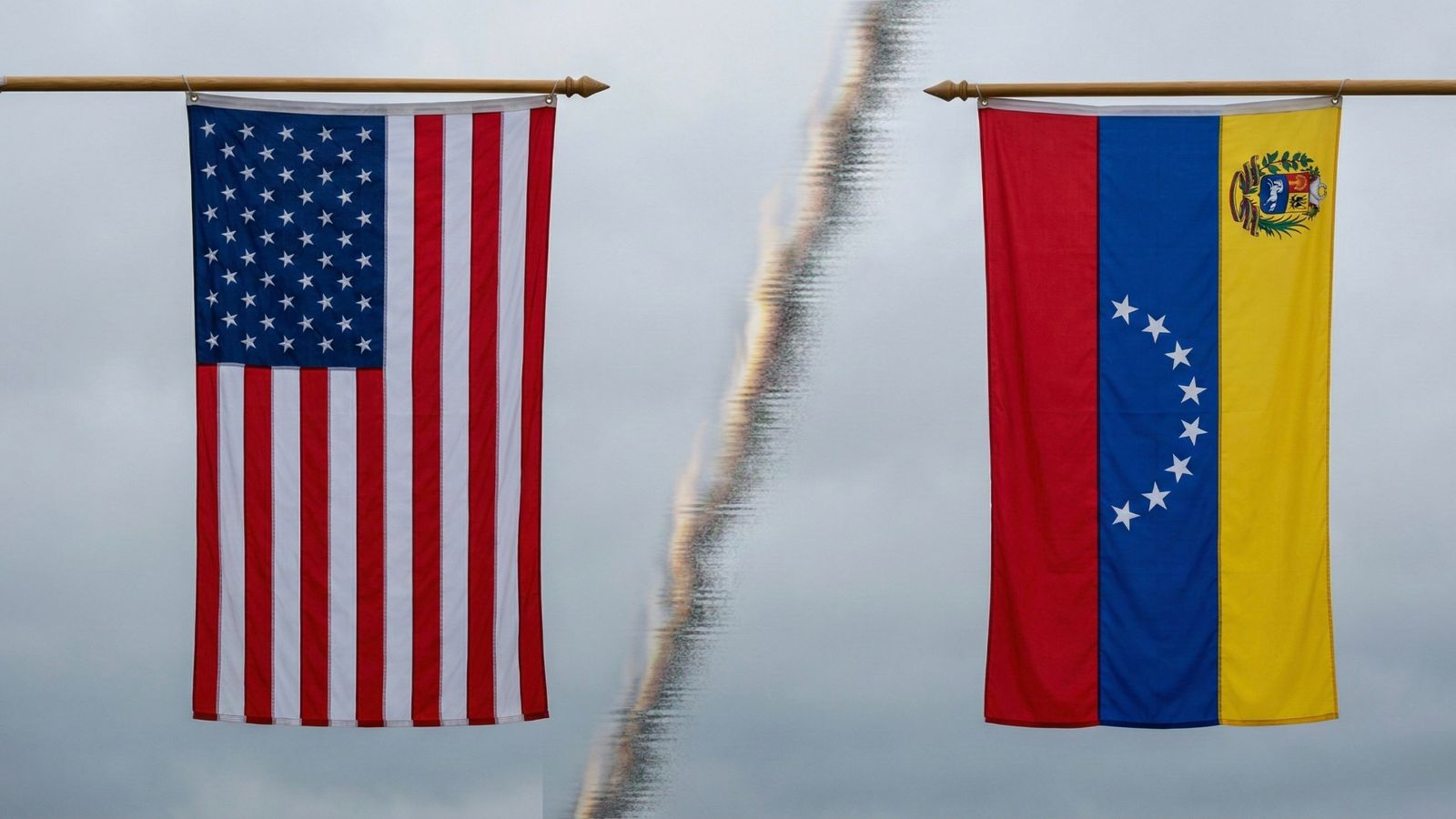
The U.S.-Venezuela Limited War of 2025: A Legal and Strategic Assessment
